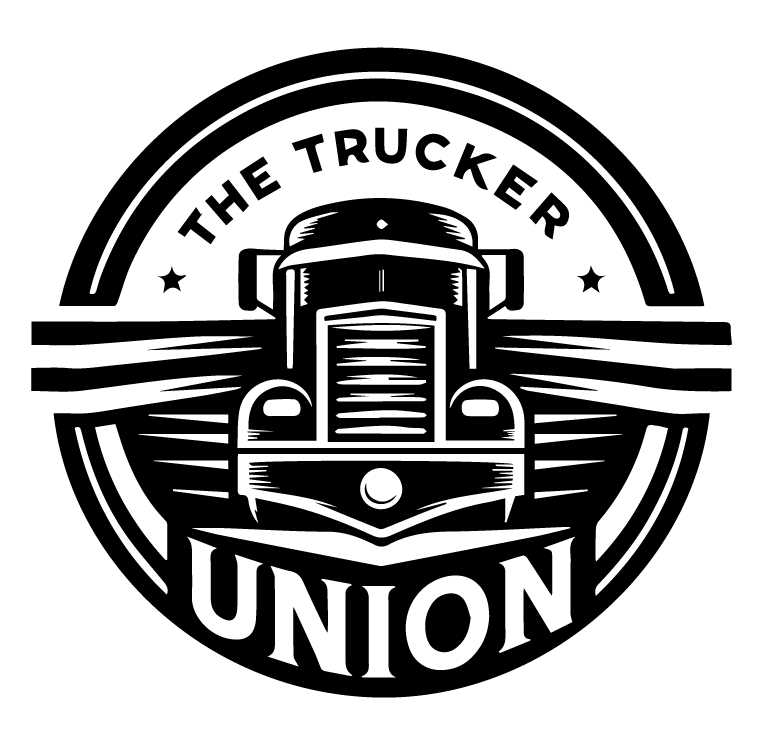
In the ever-evolving landscape of the freight industry, carriers are facing a multitude of challenges that are reshaping the way they operate. From economic pressures to technological advancements, understanding these concerns is crucial for anyone involved in the logistics and transportation sectors. Let’s delve into the current issues that freight carriers are grappling with and explore potential solutions.
Economic Pressures and Rate Volatility
One of the primary concerns for freight carriers today is the volatility in freight rates. The market has been experiencing significant fluctuations due to varying demand and supply dynamics. Factors such as seasonal changes, geopolitical events, and shifts in consumer behavior all contribute to this unpredictability.
Impact on Carriers:
- Profit Margins: Inconsistent rates can squeeze profit margins, making it difficult for carriers to maintain financial stability.
- Contract Negotiations: Carriers often struggle with negotiating long-term contracts when rates are unpredictable, leading to a reliance on spot market rates.
Potential Solutions:
- Dynamic Pricing Models: Implementing dynamic pricing can help carriers adjust their rates in real-time based on current market conditions.
- Diversified Services: Offering a range of services can mitigate the impact of rate volatility by ensuring steady revenue streams from different segments.
Rising Operational Costs
Operational costs are on the rise, driven by factors such as increased fuel prices, higher insurance premiums, and the need for compliance with regulatory requirements. Additionally, the ongoing shortage of qualified drivers is pushing wages up, adding to the overall cost burden.
Impact on Carriers:
- Cost Management: Managing these rising costs without compromising service quality is a significant challenge.
- Competitive Pricing: Balancing competitive pricing with the need to cover operational expenses requires strategic planning.
Potential Solutions:
- Fuel Efficiency Initiatives: Investing in fuel-efficient technologies and practices can help reduce fuel costs.
- Insurance Optimization: Regularly reviewing and optimizing insurance coverage can lead to cost savings without sacrificing protection.
Technological Advancements and Integration
The rapid pace of technological advancement presents both opportunities and challenges for freight carriers. While technology can streamline operations and improve efficiency, integrating new systems requires investment and adaptation.
Impact on Carriers:
- Initial Investment: The upfront cost of new technology can be prohibitive for smaller carriers.
- Training and Adaptation: Ensuring that staff are adequately trained to use new systems effectively is essential for reaping the benefits of technological advancements.
Potential Solutions:
- Phased Implementation: Gradually integrating new technology allows carriers to manage costs and training needs more effectively.
- Collaborative Platforms: Utilizing collaborative platforms can enhance communication and coordination across the supply chain, improving overall efficiency.
Regulatory Compliance
Regulatory compliance remains a significant concern for freight carriers. Keeping up with changing regulations and ensuring adherence can be both time-consuming and costly.
Impact on Carriers:
- Administrative Burden: Compliance requirements can add to the administrative workload, diverting resources from core operations.
- Risk of Penalties: Non-compliance can result in hefty fines and damage to reputation.
Potential Solutions:
- Compliance Management Systems: Implementing robust compliance management systems can help carriers stay on top of regulatory changes and ensure adherence.
- Proactive Monitoring: Regularly monitoring regulatory developments allows carriers to anticipate changes and adjust their operations accordingly.
Conclusion
Freight carriers are navigating a complex landscape marked by economic pressures, rising operational costs, technological advancements, and regulatory challenges. By adopting dynamic pricing models, investing in fuel efficiency, integrating new technologies gradually, and implementing strong compliance management systems, carriers can address these concerns and thrive in today’s market. Staying adaptable and proactive will be key to overcoming these challenges and ensuring long-term success in the freight industry.












